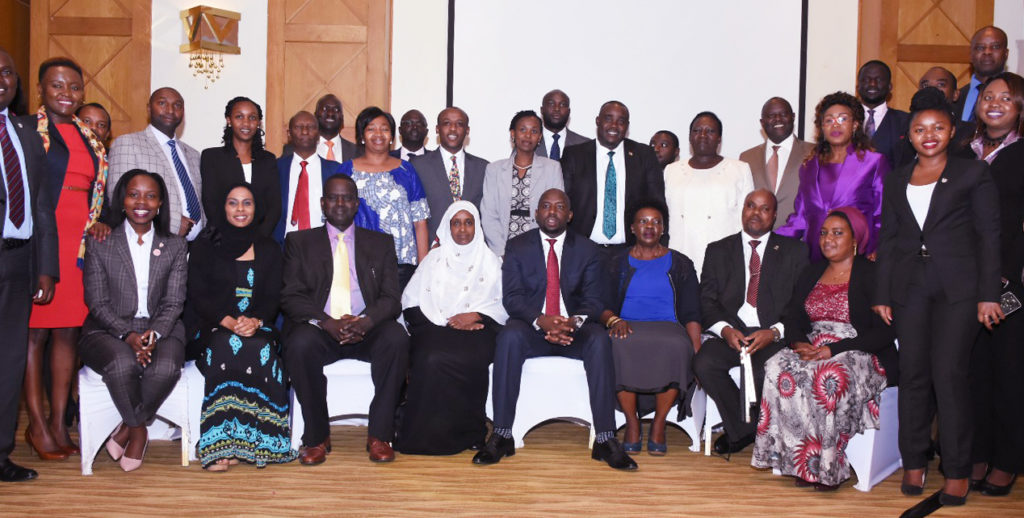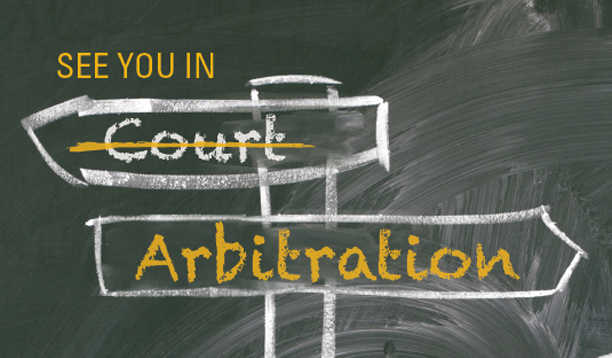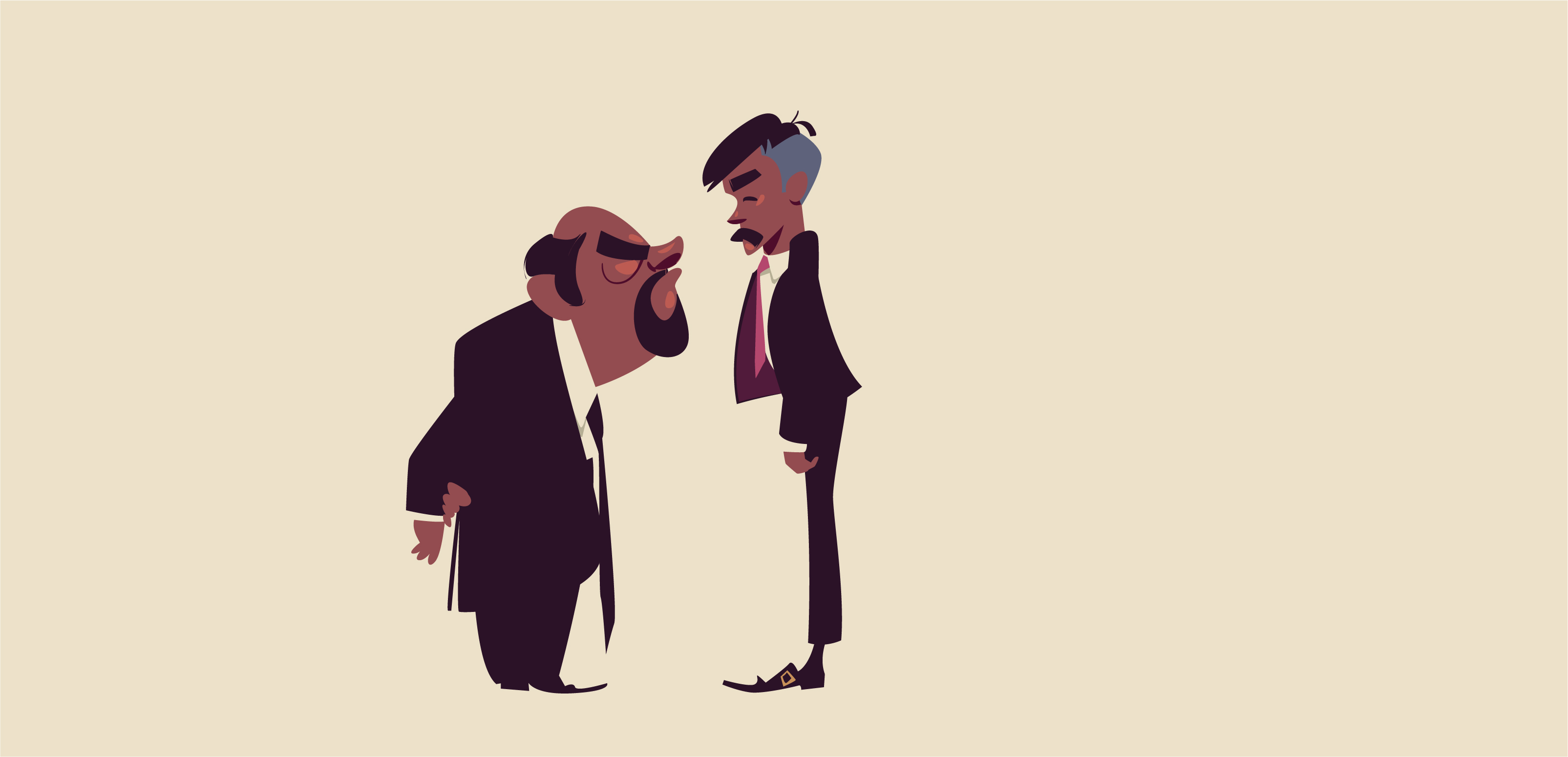Professional mediators and accredited alternative dispute resolution (ADR) practitioners often make the mistake of assuming that the word “mediation” is understandable by consumers of ADR. Yet it is not. Neither do a majority of prospective clients appreciate what mediation entails. What mediation is features as one of the most frequently asked questions I am called to answer in and outside training events and public speaking engagements.
Mediation is a consensual process whereby parties in dispute appoint a third party neutral (who has no interest or stake in the subject matter of the dispute) to facilitate resolution of their dispute on mutually agreed terms. Mediation, which is also commonly referred to as conciliation, is a dynamic, structured, interactive process in which a neutral third party assists disputing parties in resolving a dispute through the use of specialized communication and negotiation techniques. The process is voluntary, confidential, and the mediator/conciliator does not render a decision, but helps the disputants to generate a mutually acceptable outcome.





